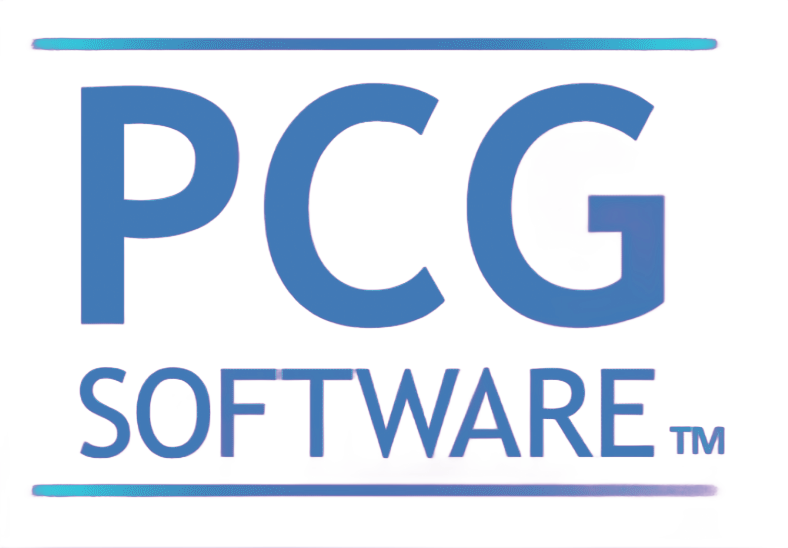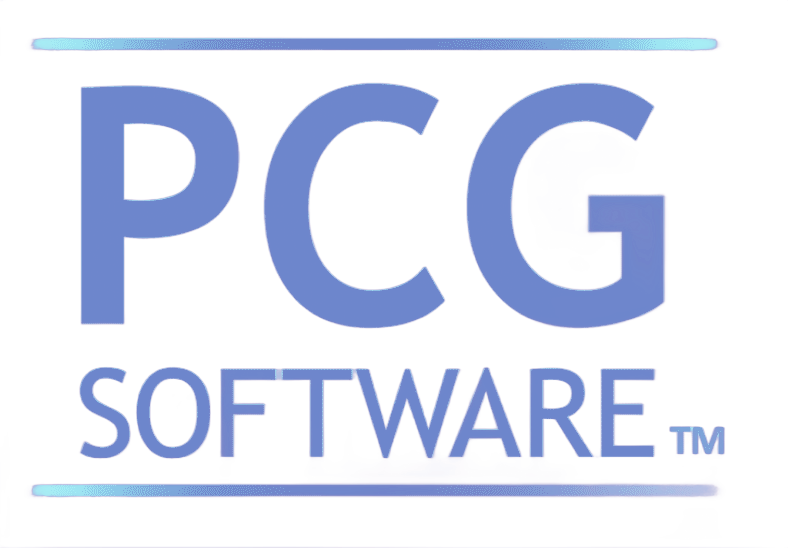Complete Guide to Comparing Medical Billers vs Medical Coders
Introduction:
Medical billing and medical coding are often grouped together as a single function, but in reality, they represent two distinct roles with different responsibilities, skill sets, and risk profiles. For clinics, hospitals, FQHCs, MSOs, IPAs, and payer organizations, misunderstanding the difference between a medical biller and a medical coder can lead to denied claims, delayed payments, compliance exposure, and long-term revenue leakage.
As reimbursement rules tighten, prior authorization requirements expand, and audits increase across Medicare, Medicaid, and commercial plans, the separation between coding accuracy and billing execution has become more critical than ever. This article explains the differences between medical billers and medical coders, their duties, certifications, earning potential, and how in-house versus outsourced models—both U.S.-based and overseas—impact financial performance and compliance.
Medical Coder vs Medical Biller
While medical coders and medical billers work closely together within the revenue cycle, their roles, responsibilities, and risk exposure are fundamentally different. Understanding where each function begins and ends is critical for clinics, health systems, MSOs, and payer organizations seeking to improve approval rates, reduce denials, and maintain compliance. The table below breaks down the key differences between medical coders and medical billers—highlighting how each role impacts accuracy, cash flow, audit risk, and operational efficiency—so leadership can make more informed staffing, training, and technology decisions.
| Category | Medical Coder | Medical Biller |
|---|---|---|
| Primary Function | Translates clinical documentation into standardized diagnosis and procedure codes | Converts coded services into claims and manages the payment lifecycle |
| Focus Area | Clinical accuracy and regulatory compliance | Revenue execution and cash flow |
| Key Responsibilities | Assign ICD-10, CPT, and HCPCS codes; apply modifiers; ensure medical necessity; follow CMS and payer guidelines | Submit claims; verify eligibility and authorizations; track claim status; post payments; manage denials and appeals |
| Timing in Revenue Cycle | Upstream (before claims are submitted) | Downstream (after services are coded) |
| Impact of Errors | Leads to denials, overpayments, audits, and compliance exposure | Leads to delayed payments, lost revenue, timely filing denials, and patient dissatisfaction |
| Required Knowledge | Medical terminology, anatomy, coding guidelines, NCDs/LCDs, payer policies | Payer rules, claim submission processes, EDI, contract terms, patient billing |
| Common Certifications | CPC, CCS, CCS-P, specialty coding credentials | CPB, revenue cycle certificates, payer-specific training |
| Interaction with Providers | Interprets provider documentation; may query for clarification | Communicates with providers on missing info and patients on balances |
| Audit Exposure | High – coding is a primary audit target | Moderate – billing errors often discovered through audits |
| Role in Prior Authorization | Ensures diagnosis and procedure codes support medical necessity | Submits and tracks authorizations; manages resubmissions |
| How Technology Supports the Role | Code-edit engines, CCI checks, diagnosis pairing validation | Claim scrubbing, status tracking, denial management tools |
In-House vs Outsourced Medical Billing & Coding
One of the most strategic decisions a clinic, health system, or FQHC can make is whether to manage medical billing and coding internally or partner with an outsourced vendor. While outsourcing can offer scalability and short-term cost relief, in-house teams provide tighter operational control, deeper payer familiarity, and stronger alignment with compliance initiatives. The comparison below outlines how each model impacts visibility, accountability, risk exposure, and long-term financial performance—helping leadership evaluate which structure best supports their revenue cycle maturity and growth goals.
| Category | U.S.-Based | Overseas |
|---|---|---|
| Regulatory Familiarity | Strong understanding of CMS, payer policies, and audits | Requires extensive training on U.S. regulations |
| Communication | Native language proficiency and cultural alignment | Potential language and time-zone barriers |
| Training & Certification | More likely to hold U.S.-recognized credentials | Certifications vary; often non-U.S. equivalents |
| Turnover Rates | Lower, especially in healthcare-specialized roles | Higher turnover common in offshore markets |
| Data Security | Easier enforcement of HIPAA and access controls | Increased security risk if controls are not tightly managed |
| Cost | Higher hourly wage | Lower labor cost but higher management overhead |
| Audit Readiness | Better familiarity with audits and appeals | Often relies on escalation to U.S.-based experts |
| Best Fit For | Compliance-driven organizations | Cost-sensitive operations with strong oversight |
US-Based vs Overseas Medical Billing & Coding
The geographic location of billing and coding staff plays a significant role in compliance readiness, communication efficiency, and audit outcomes. U.S.-based teams often bring stronger familiarity with CMS guidance, payer policies, and regulatory nuance, while overseas teams may offer cost advantages but require additional oversight and training. The table below compares these models across regulatory knowledge, turnover, data security, and operational risk—providing a realistic view of how geography influences both performance and exposure.
| Category | U.S.-Based | Overseas |
|---|---|---|
| Regulatory Familiarity | Strong understanding of CMS, payer policies, and audits | Requires extensive training on U.S. regulations |
| Communication | Native language proficiency and cultural alignment | Potential language and time-zone barriers |
| Training & Certification | More likely to hold U.S.-recognized credentials | Certifications vary; often non-U.S. equivalents |
| Turnover Rates | Lower, especially in healthcare-specialized roles | Higher turnover common in offshore markets |
| Data Security | Easier enforcement of HIPAA and access controls | Increased security risk if controls are not tightly managed |
| Cost | Higher hourly wage | Lower labor cost but higher management overhead |
| Audit Readiness | Better familiarity with audits and appeals | Often relies on escalation to U.S.-based experts |
| Best Fit For | Compliance-driven organizations | Cost-sensitive operations with strong oversight |
Licensing, Certifications, and Credentialing
Not all billing and coding roles carry the same regulatory weight. Medical coders, in particular, sit at the center of compliance and audit risk, making credentialing and ongoing education critical. Billers, while more operationally focused, still benefit significantly from formal training and payer-specific knowledge. The following table breaks down common certifications, governing bodies, and compliance implications—clarifying how credentials directly influence accuracy, denial rates, and audit defensibility.
| Category | Medical Coder | Medical Biller |
|---|---|---|
| Primary Certifications | CPC, CCS, CCS-P, specialty credentials | CPB, revenue cycle certifications |
| Governing Bodies | AAPC, AHIMA | AAPC, payer-specific programs |
| Continuing Education | Required annually to maintain credentials | Often optional but recommended |
| Regulatory Knowledge | Deep ICD-10, CPT, HCPCS, NCD/LCD expertise | Payer rules, EDI, authorization requirements |
| Audit Relevance | High—coding errors drive audits | Moderate—errors discovered downstream |
| Employer Preference | Certified coders strongly preferred | Certification improves performance but not always required |
| Impact of Non-Certification | Higher denial and audit risk | Higher rework and delayed payments |
| Best Fit For | Compliance-driven organizations | Cost-sensitive operations with strong oversight |
Earnings, Payroll and Total Cost of Services
Staffing decisions are ultimately financial decisions. Beyond base salary, organizations must account for benefits, training, turnover, productivity, and the downstream revenue impact of errors or delays. This comparison highlights the true cost of employing medical coders and billers—both in-house and outsourced—while also illustrating where each role delivers return on investment through risk reduction, faster collections, and improved payer outcomes.
| Category | Medical Coder | Medical Biller |
|---|---|---|
| Average U.S. Salary | $55,000–$75,000 annually | $45,000–$65,000 annually |
| Experience Premium | Significant increases for specialty expertise | Increases tied to volume and payer mix |
| Benefit Load | 20–30% of salary | 20–30% of salary |
| Outsourced Cost Model | Higher due to specialized skill | Often percentage of collections |
| Revenue Impact | Prevents denials and audits upstream | Accelerates cash flow downstream |
| Replacement Cost | High due to training and credentialing | Moderate but disruptive |
| ROI Contribution | Accuracy, compliance, risk reduction | Speed, collections, patient satisfaction |
Medical Coders vs Medical Billers Summary
Medical coders and medical billers serve distinct but interdependent roles within the healthcare revenue cycle, and misunderstanding the difference between the two often leads to preventable denials, delayed payments, and increased compliance risk. Coders operate upstream, translating clinical documentation into standardized codes that determine medical necessity, audit exposure, and reimbursement eligibility. Billers work downstream, converting those coded services into claims, managing payer interactions, resolving denials, and ensuring cash flow continuity. When either function is under-resourced, improperly trained, or misaligned with payer requirements, financial and regulatory consequences follow quickly.
Staffing strategy further amplifies these risks and opportunities. In-house teams provide greater control, accountability, and alignment with local payer rules, while outsourced models may offer scale but require stronger oversight and governance. Similarly, U.S.-based teams tend to deliver stronger regulatory familiarity and communication efficiency, whereas overseas teams can reduce labor costs at the expense of higher training demands and potential compliance gaps. Credentials, ongoing education, and technology support are not optional in either model—they directly influence approval rates, audit outcomes, and total cost of ownership.
For clinics, health systems, MSOs, and payer organizations, the takeaway is clear: billing and coding are not interchangeable administrative functions, but high-impact operational roles that shape revenue integrity and compliance posture. Organizations that invest in the right mix of talent, structure, certifications, and automation are better positioned to reduce friction across authorizations, claims, and audits—while protecting both financial performance and patient trust.
Subscribe
Only get notifications when a new article has been published
Contact Us
We will get back to you as soon as possible.
Please try again later.
Free Payer Claims Audit
Complete the form, and we'll contact you to schedule an introductory meeting and discuss our FREE 3-year claims audit to identify areas for cost containment and compliance.
Contact Us
We will get back to you as soon as possible.
Please try again later.
About PCG
For over 30 years, PCG Software Inc. has been a leader in AI-powered medical coding solutions, helping Health Plans, MSOs, IPAs, TPAs, and Health Systems save millions annually by reducing costs, fraud, waste, abuse, and improving claims and compliance department efficiencies. Our innovative software solutions include Virtual Examiner® for Payers, VEWS™ for Payers and Billing Software integrations, and iVECoder® for clinics.
Click to share with others


